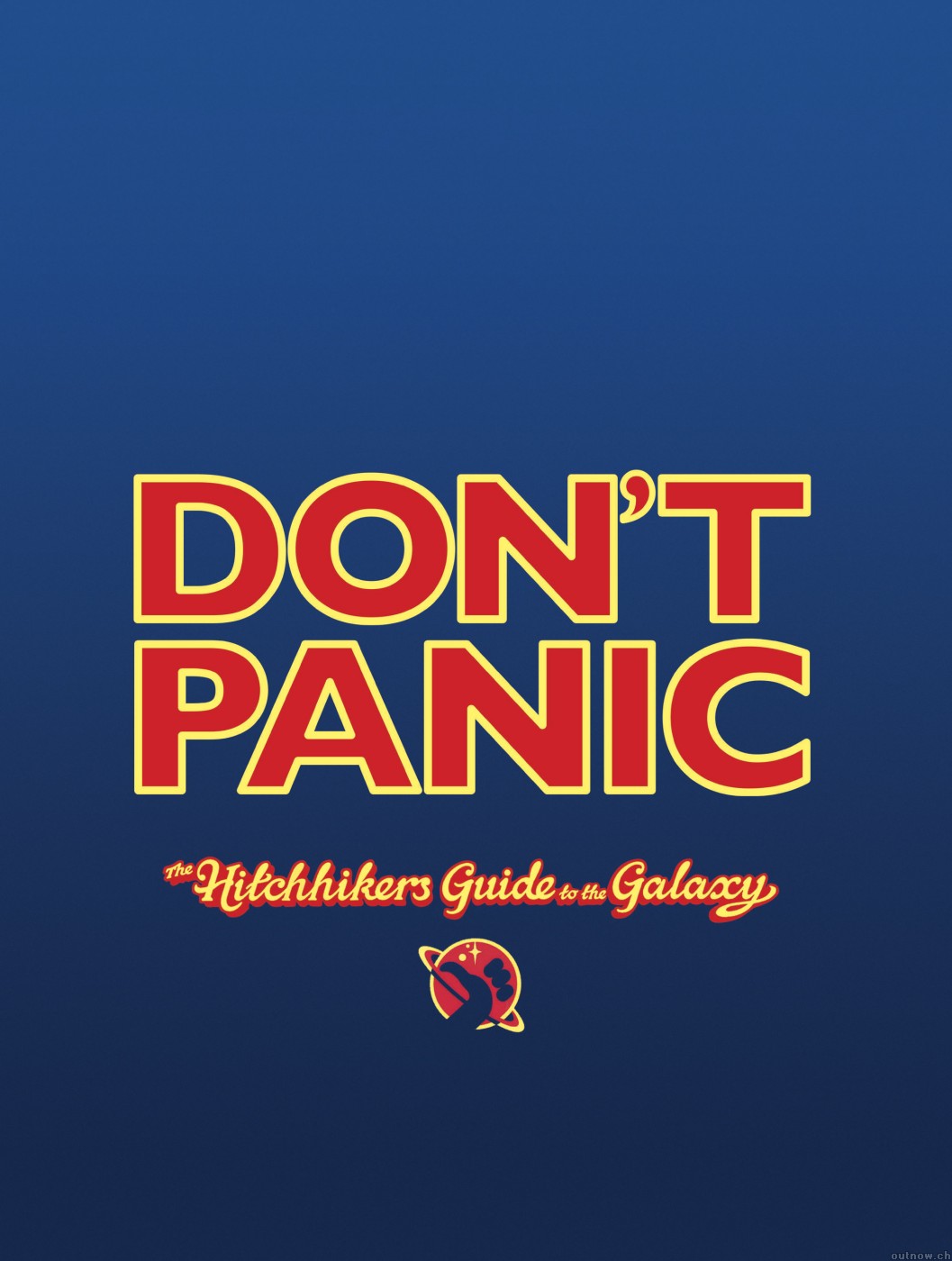When we think of 'stuff' what are we actually thinking of? Material goods, tangible objects? What about ideas? How do ideas fit into our perception of assets? Tuan (1991, p.684) tells us that we speak things into existence. Therefore our ideas are embryos waiting to be born, waiting to be made real.
 |
| Prospero; rider on the storm. |
Wilkinson (2013, n.p.) illustrates how ideas affect us at the most profound levels. His example of Fordism resonates. The implementation of this method changed the fabric of society, affecting everything from how we work to how we make love. The standardisation and homogenisation of human beings. Of course, although that idea held for the best part of a century, it's time has passed. Human beings are too complex, too diverse to be boxed as a uniform product rolling off a production line. "
We are such stuff / As dreams are made on"
, mused Prospero in Shakespeare's (1611) 'Tempest', marking how conditions inevitably change.
Given the numerous examples throughout history of how systems alter it stands to reason that inevitably capitalism will change also. We now see internationally a great imbalance in living conditons due to the effects of globalising processes on local markets. Communities in developing countries literally struggle to survive on a daily basis, while communities in developed countries thrive in comparative opulence (Dicken, P. 2007, p.438). However, with the advent of, and access to the internet, more and more people are aware of this imbalance. As much as we might try, we cannot ignore the situation. Furthermore, the impoverished will not let us ignore their reality. As the divide grows and discontent festers, the topic is debated; on the street, in social media and consequently in the halls of power. Ideas are exchanged and explored. As a storm builds in nature due to conflicting elements, so too does it in society. Ultimately equilibrium must be restored.
Reference List
Dicken, P. (2007). Gloabal shift: mapping the changing contours of the world economy. London, England: Sage Publications Ltd.
Shakespeare, W. (1611). The Tempest. London, England.
Tuan, Y-F. (1991). Language and the making of place: a narrative-descriptive approach. Annals of the Association of American Geographers, 81, (4), 684-696.
Wilkinson, R. (2013). BA1002, Our space: networks, narrative and the making of place, week 8 notes. [PowerPoint]. Retrieved from: https://learnjcu.jcu.edu.au/bbcswebdav/pid-1260445-dt-content-rid- 1022605_1/courses/13-BA1002-TSV-EXT-SP2/Stuff_Part1.mov
Image Credits
Stratford Festival. (2013). Prospero and the storm [Image]. Retrieved from: https://www.stratfordfestival.ca/OnStage/productions.aspx?id=8558&prodid=31468




